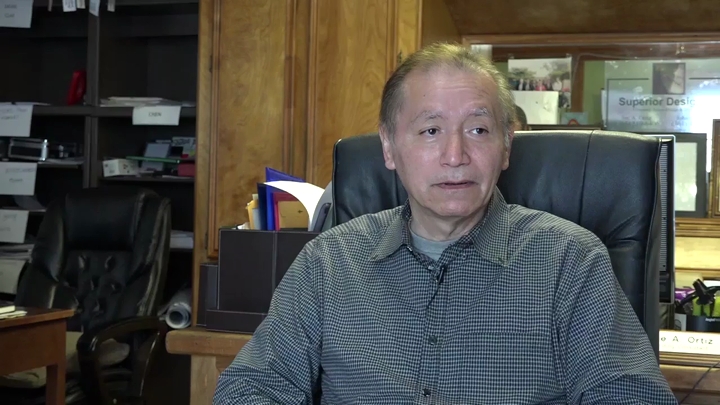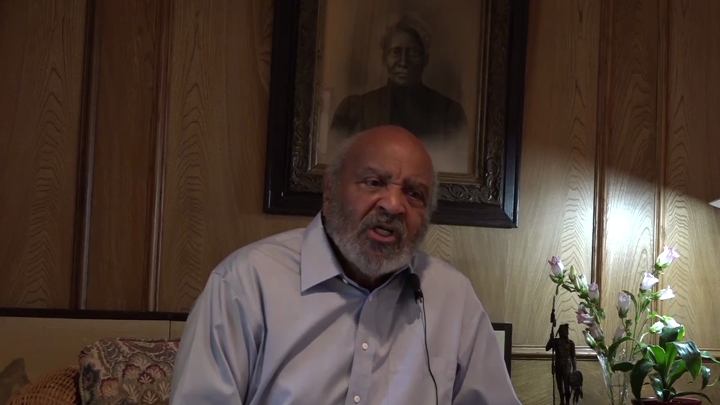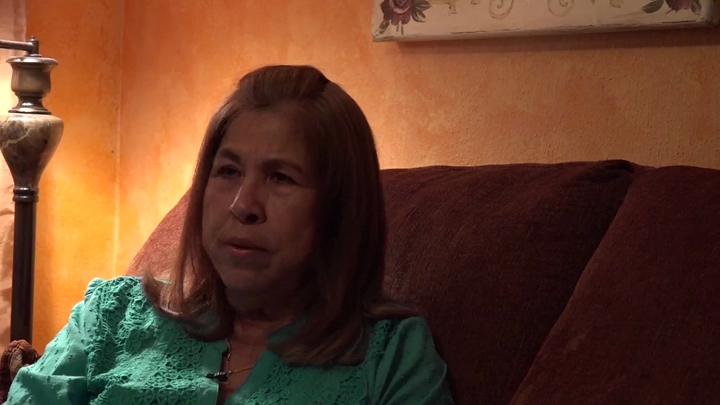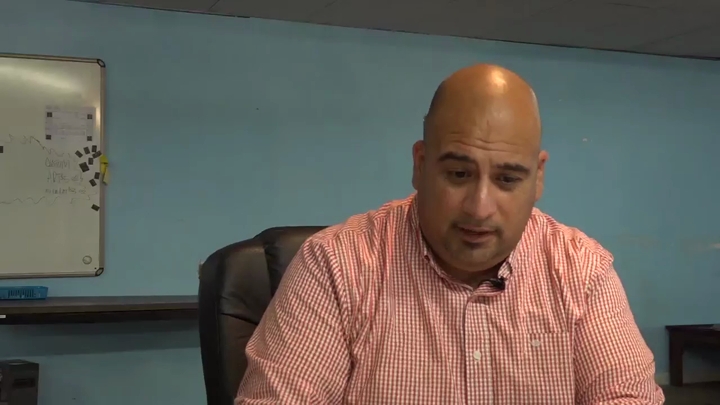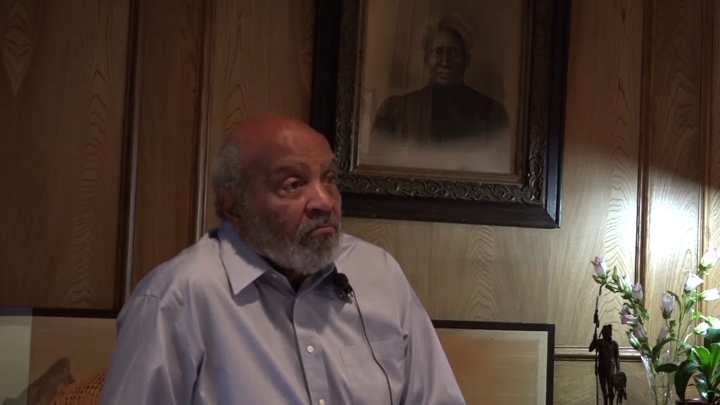Abalos / Discrimination in the Disciplinary Process
sign up or sign in to add/edit transcript
Zapata: When you were talking about the case your husband was involved in, did it have to do with punishment? Abalos: Yes, it had to do with punishment. Being sent to the alternative center for every kind of infraction, from not bringing a pencil, to not doing their homework, to chewing gum. Yet, there were instances where others had done the same and they were not sent to the alternative center. I vaguely remember, I do not remember exactly what it was, but one of the principals had said some racist things- and that was another thing that was brought out. But the main thing was the discipline, the disciplinary issues. The fact that so many of the students- it was Crockett Junior High. So many students at Crockett were being sent to the alternative without any recourse. One of the things when I was on the school board, honestly, I think it has to do with the fact that I had never worked with a governmental entity. Not like that. I did work for the county. I was the personnel director for Ector County for 5 years. But it was different for me. But a lot of time in an educational setting like that, when there is an appeal process, for some reason those that it gets appealed to feel like they have to do what – they have to say yes to everything that comes from underneath them. Okay, so somebody appeals decision to the principal, the principal feels that they have to back the teacher. And I am an instructor, I understand about people backing me. I want people to back me, but if I am wrong I am wrong. You know, do the right thing. That is why there is an appeals process. Do not be afraid to use the process because that is what is for. So someone would appeal to the principal, the principal would support the teacher. It would go to the next in line to that group that is it would appeal to would approve whatever recommendation was made to them, then the superintendent would approve what ever recommendation- the last recourse of the appeal was the board. I did not believe we as the board had to approve everything. I had to find out what was going on and then go from there. We were not there- I was not there- I did not get selected to support the superintendent. I got elected to support my constituents. And so I always felt like we had to find out what was going on and it was the constituents that we were there for. The superintendent, I mean I wanted to support him, but do the right thing and I will support you. And there is an appeals process for a reason. We do not have to say yes to everything they recommend. Waiting my time. I was not going to sit up there and be a yes man.
| Interview | Interview with Delma Abalos |
| Subjects | Work |
| Work › Occupations | |
| Race Relations | |
| Race Relations › Anglo-Mexican Race Relations | |
| Race Relations › Skin Color in Race Relations | |
| Discrimination or Segregation | |
| Discrimination or Segregation › Discrimination or Segregation at School | |
| Education | |
| Education › Secondary Education | |
| Education › Teachers and Administrators | |
| Class and Status | |
| Class and Status › Class, Status, and Gender | |
| Work › Types of Work | |
| Race Relations › Racial Slurs | |
| Tags | Crockett Junior High School, Odessa, TX |
| sign up or sign in to add/edit tags | |
| Interview date | 2016-07-14 |
| Interview source | CRBB Summer 2016 |
| Interviewees | Abalos, Delma |
| Interviewers | Moye, Todd |
| Wisely, Karen | |
| Zapata, Joel | |
| Locations | Odessa, TX |
| Duration | 00:03:32 |
| Citation | "Discrimination in the Disciplinary Process," from Delma Abalos oral history interview with Todd Moye, Karen Wisely, and Joel Zapata, July 14, 2016, Odessa, TX, Civil Rights in Black and Brown Interview Database, https://crbb.tcu.edu/clips/2210/discrimination-in-disciplinary-process, accessed February 24, 2026 |


